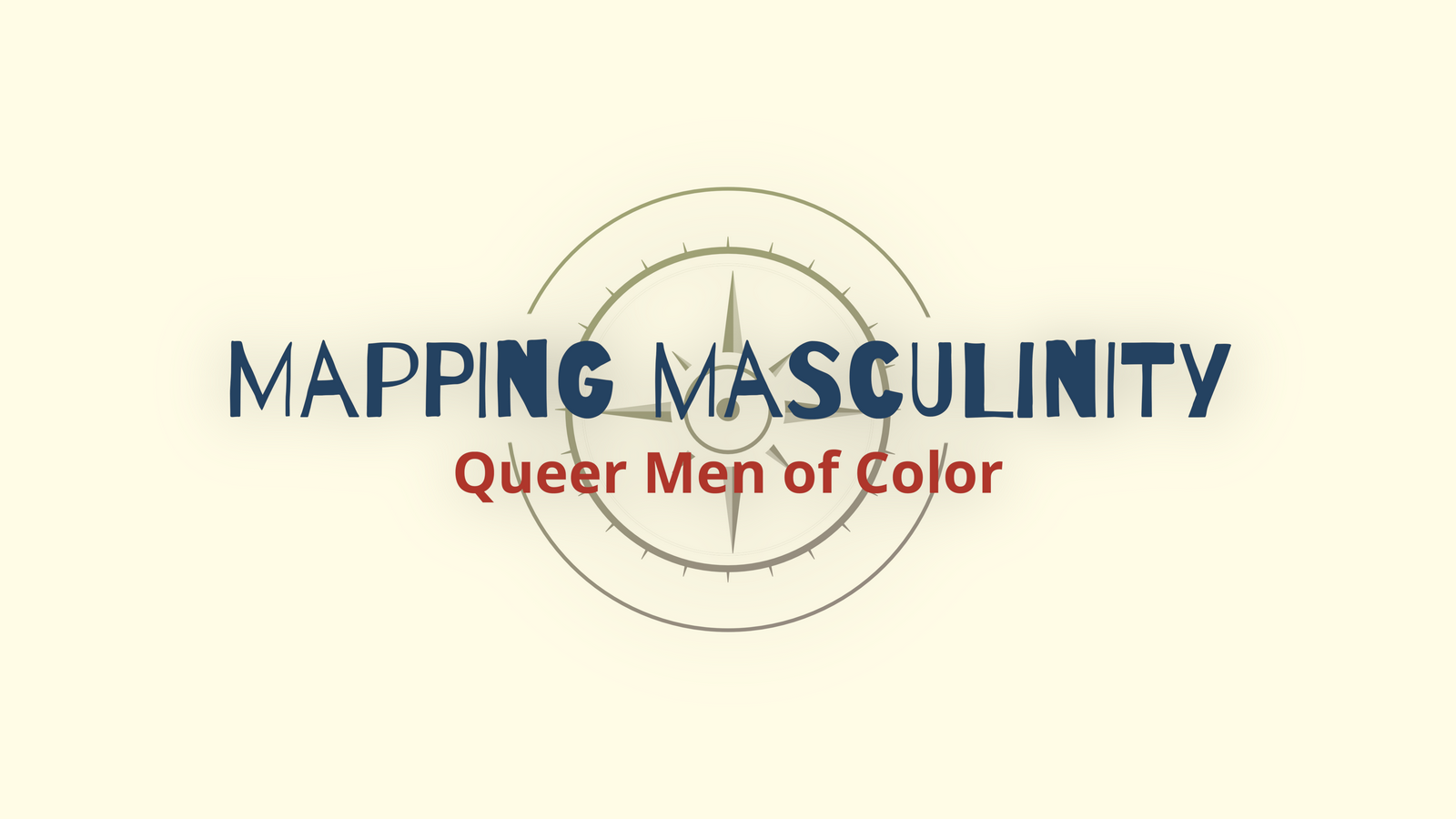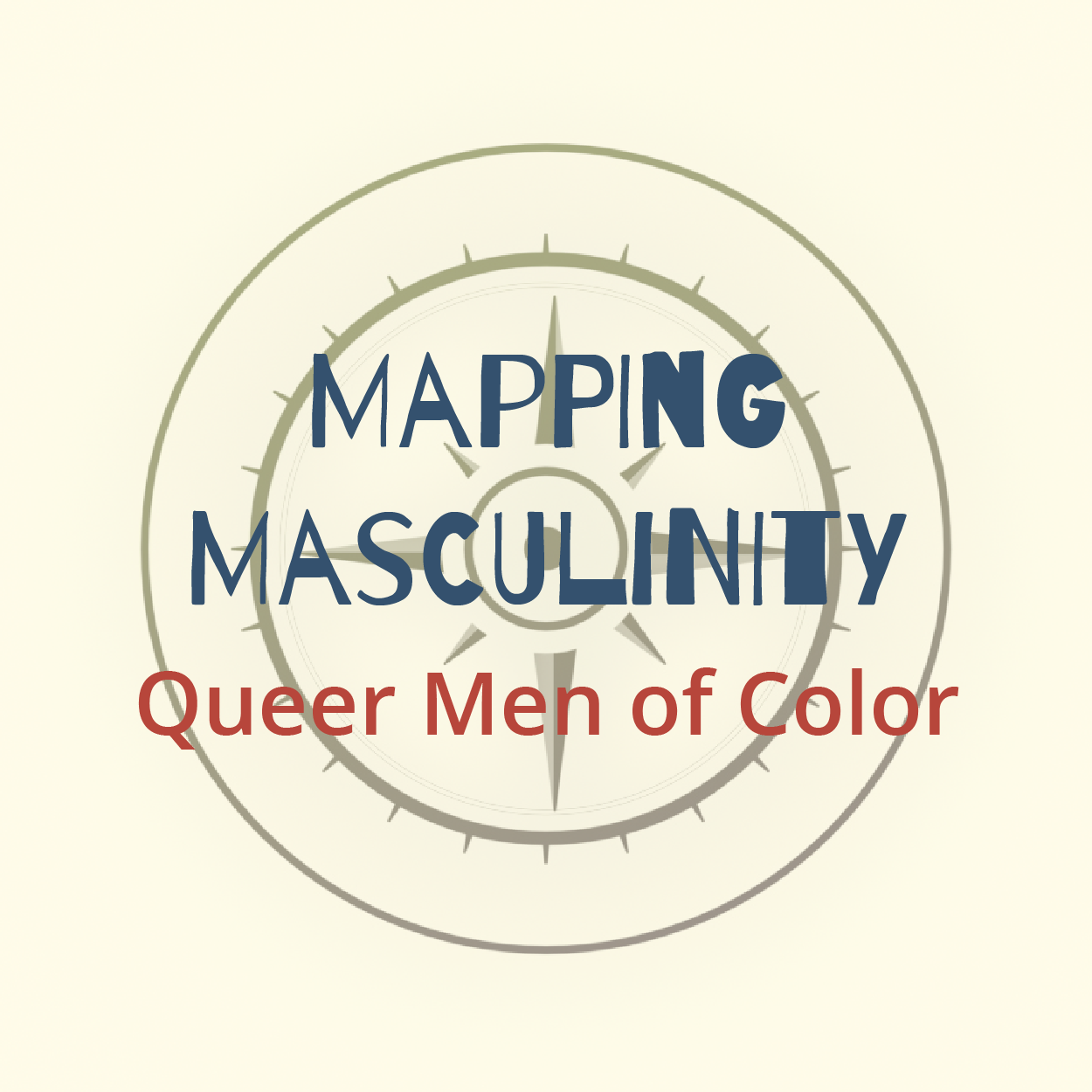



Connecting in quarantine.
When the world pandemic put us all in a halt, this documentary was in the middle of production. We have yet to be able to return to the same safe environment to film as desired. We had a seven-person group conversation scheduled for the week post-lockdown. It is safe to say that this interview has yet to happen. Not only do we not have the capacity to facilitate that with our production and budget at the moment that would hold everyone in nurture and care, but we realized that the closeness of what we want to provide was not possible with remote interviews. Every situation has its own circumstances, but overall, the physical distance, and the lack of sensory details of a room, makes the already difficult notion of healing that much more elusive.
Of course, we are humbled and excited this opened the door to conversations with individuals further away geographically.
However, we decided that local folk should be brought into this thoughtfully in order to hug, in order to dive deeper, to read each other’s reactions, to witness safely in a room together, without losing the essence of why we are doing this work. We truly treat our filming as a safe space - think therapy, or safe house - that allows us to be messy, to be problematic, to be validated, put all of that into a sifter, and work together to reflect these parts of how our masculinity has influenced most aspects of our lives. We witness the privilege, as much as we honor the hard work of honestly highlighting how we are falling short in the world, especially in relation to our female-identified siblings in the world.
These conversations opened a few interesting passages to communities, to queer families and to action items that we felt showed parts of the conversation that most of us keep missing in dominant-spaces regarding the impact of masculinity and the need to shift its course.
All of these conversations are with men - trans, queer, and cis - who identify as BIPOC, and, or immigrants in the United Statian experience.